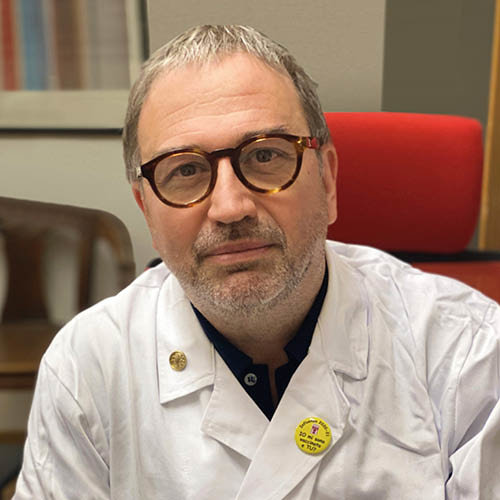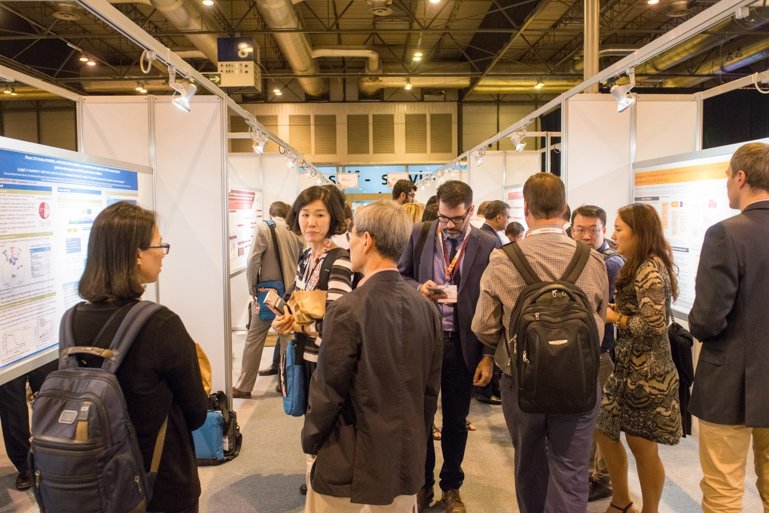
Will antibody–drug conjugates be a replacement for chemotherapy in the future?
Over the last decade, much progress has been made in developing a range of antibody–drug conjugates to treat breast cancer, with the construction of bespoke agents for individual patients and exciting prospect for the future









